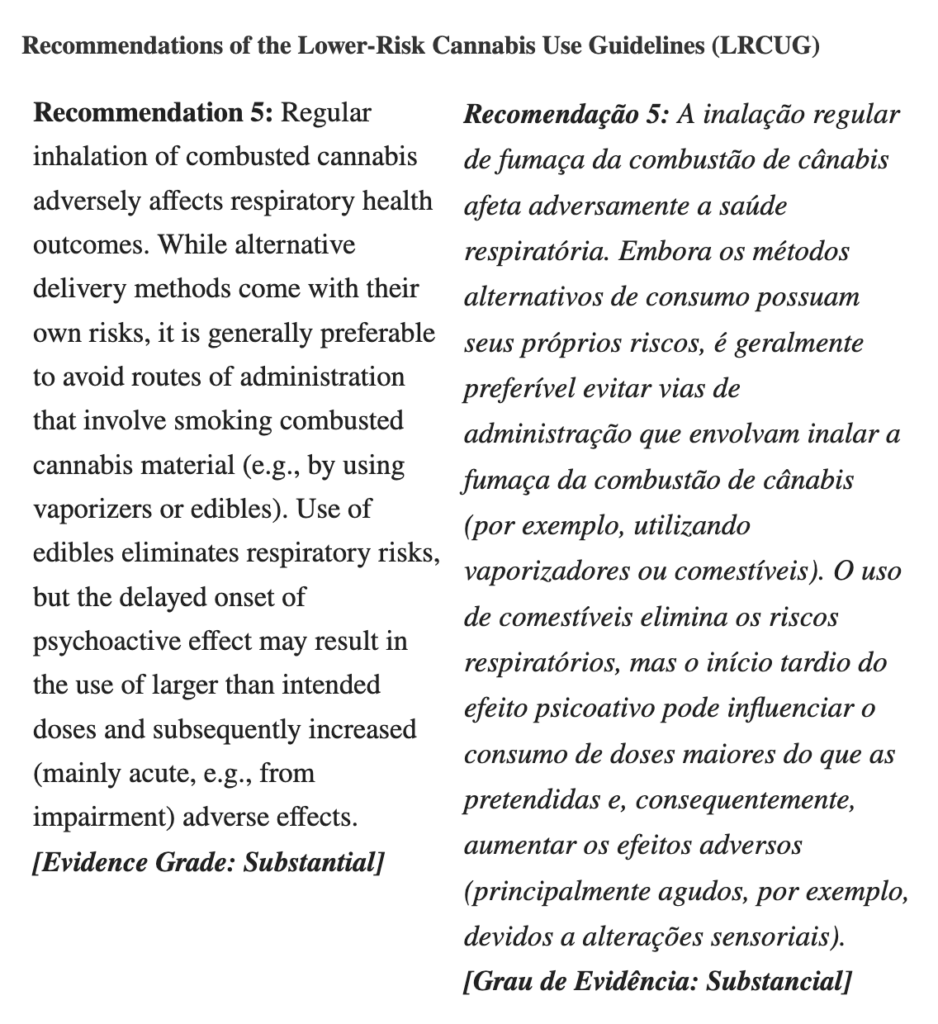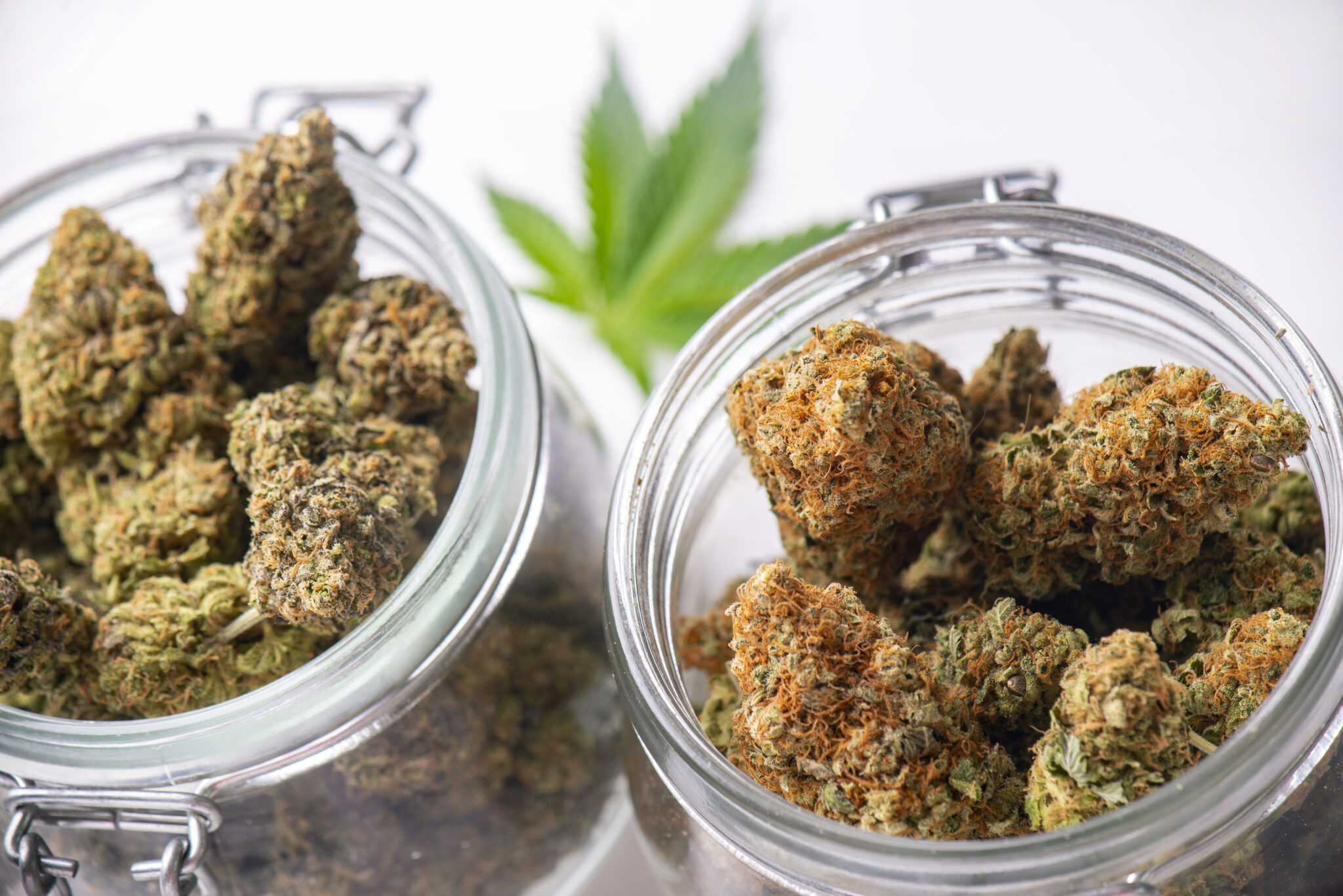Effective July 20, Brazil’s National Health Regulatory Agency (ANVISA) will no longer authorize medical cannabis patients to import products in natura—dried flower—essentially limiting them to just CBD oils. The agency’s announcement comes less than three weeks after it denied rumors it was about to do so.
Importing cannabis in natura has technically been prohibited since 2019, when ANVISA first published its list of approved medical cannabis products and none of them involved flower. But the language was open-ended enough that patients could still request authorization for products that weren’t on the list, and ANVISA would evaluate those requests individually.
Patients who currently hold permits to import in natura products can legally continue to do so until September 20, but ANVISA is no longer authorizing any new ones.
“Considering that, as of yet, there is no robust scientific evidence that proves the safety, on top of which there is a high potential of diversion for illicit purposes, it is not permitted to import products made with Cannabis in natura or parts of the plant, including flower,” ANVISA stated in a technical note that Filter has translated from Portuguese. “Smoking and inhaling a plant is not a pharmaceutical formulation/route of administration intended for medical products.”
Ironically, in closing one door that ambiguous language had previously left open, ANVISA opened another: “Smoking and inhaling.” This could be interpreted as referring to combustion—like smoking a joint—or combustion as well as vaping.
All vapes, no matter what’s in them, are banned in Brazil. ANVISA has been on an anti-vape crusade since 2009, since which time it has not considered any new evidence.
“Available evidence shows that, compared with smoking, vaping cannabis can reduce: exposure to several toxins, CO and chronic respiratory symptoms,” concluded a 2021 Canadian Journal of Public Health study related to the international Lower-Risk Cannabis Use Guidelines (LRCUG). “Moreover, vaping is proposed to be an effective way of delivering therapeutic doses of cannabis as compared with oral route and smoking.”

International Lower-Risk Cannabis Use Guidelines, as adapted for Brazil in 2019
Smoking cannabis doesn’t expose users to as many harmful chemicals as smoking tobacco cigarettes, but it’s still associated with risk of lung damage. For this reason, the LRCUG recommends both edibles and vapes as less-harmful alternatives for cannabis consumption. Though the LRCUG originated in Canada, they’ve have been adapted for Brazil specifically, but of course ANVISA did not mention this.
“’Safer’ alternatives for use methods considered by the LRCUG, like non-smoked products, are typically not available,” wrote the authors of the LRCUG intended for Brazil. “[V]aporizers or e-cigarette devices themselves are even illegal in Brazil, and therefore face additional barriers for utilization in practice.”
We are still awaiting the Supreme Court’s endlessly postponed ruling on the decriminalization case that will shape the landscape of cannabis access from here. In the meantime, the beneficiaries of ANVISA’s statement will be cannabis entrepreneurs, pharmaceutical executives and presumably many people who sell illicit cannabis. The victims will be medical cannabis patients for whom CBD oils are not ideal treatments, and presumably many people who sell illicit cannabis and get caught.
The current administration has promised evidence-based policies. If officials were truly concerned with that, they would fund additional research rather than simply saying we don’t have any.
Photograph via United States Department of Commerce





Show Comments